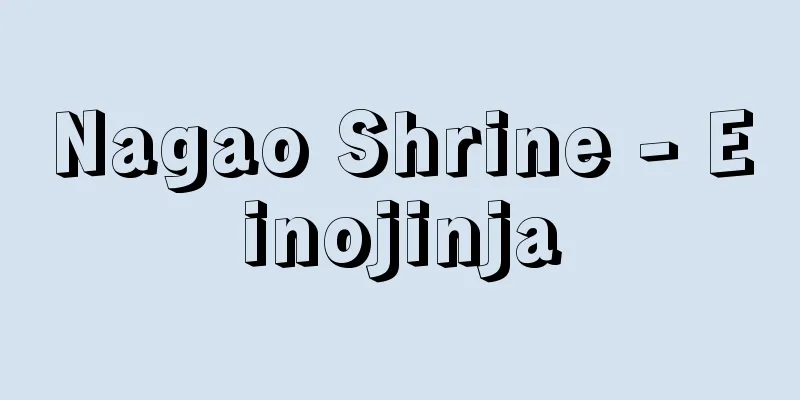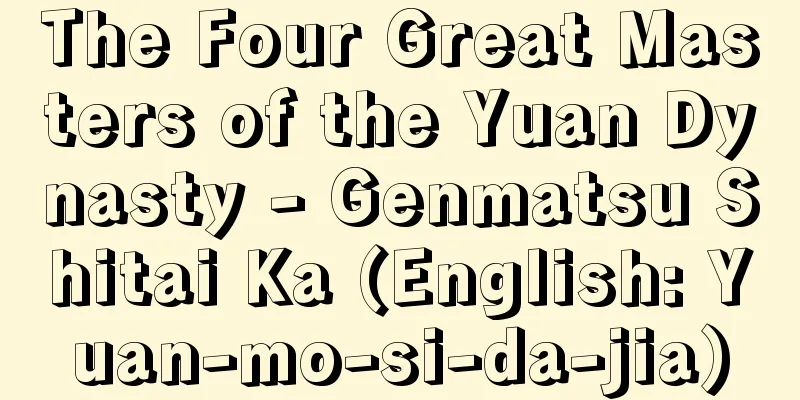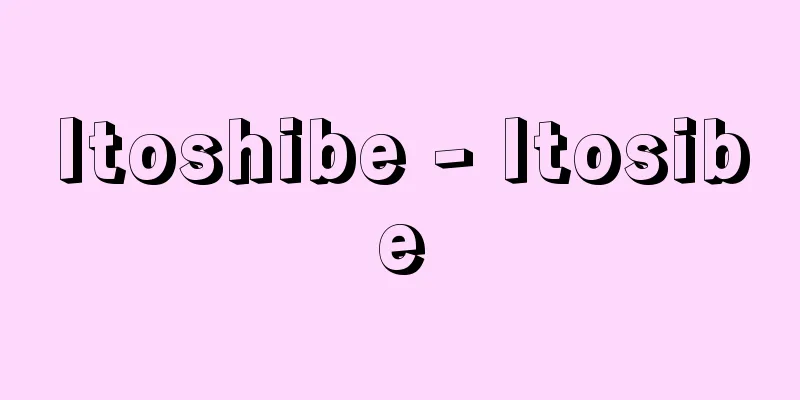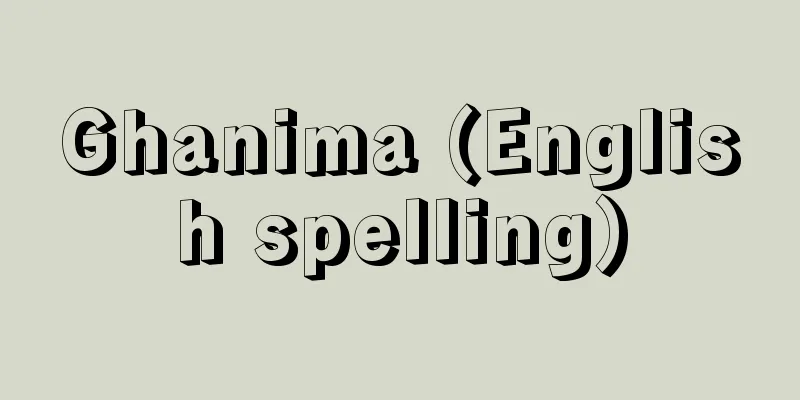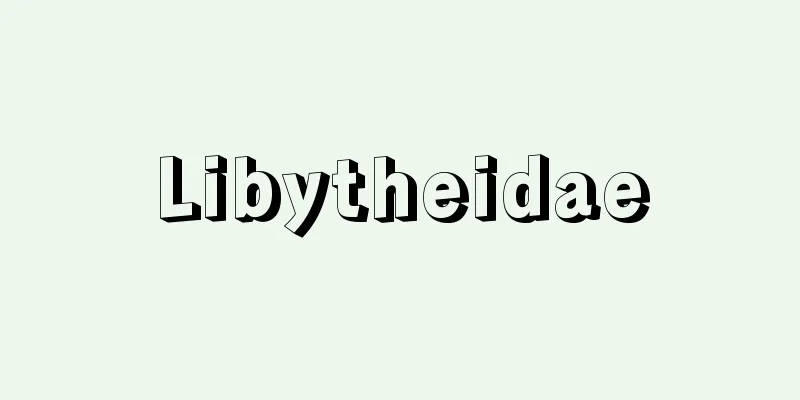Tokyo Trials - Tokyo Saiban

|
Its official name is the International Military Tribunal for the Far East. It was a trial of Japanese wartime leaders by the International Military Tribunal for the Far East, which was established on January 19, 1946, by order of General MacArthur, the Supreme Commander of the Allied Powers. It is said to be one of the two major international trials, along with the Nuremberg Trials. The plaintiffs were the United States, the United Kingdom, China, the Soviet Union, and seven other countries. The trial began on May 3 of the same year in Ichigaya, Tokyo. The presiding judge was Webb of Australia. The chief prosecutor was Keenan of the United States. In addition to the "ordinary war crimes" (B) defined in the existing international law of war, it newly defined "crimes against peace" (A) and "crimes against humanity" (C) as types of crimes under international law, recognized the criminal responsibility of individuals who were considered to be wartime leaders for these crimes, and pursued the aggression of Japanese warlords since the Manchurian Incident. The verdict was delivered on November 12, 1948. Of the 28 defendants, Matsuoka Yosuke and Nagano Osami, who died during the trial, and Okawa Shumei, who was found to be mentally ill, were acquitted. Seven were hanged (Tojo Hideki, Hirota Koki, etc.), 16 were sentenced to life imprisonment (Araki Sadao, Hata Shunroku, etc.), 20 years imprisonment (Togo Shigenori), and 7 years imprisonment (Shigemitsu Mamoru). These are the so-called Class A war criminals. Class B and C war criminals, who were guilty of crimes B and C above, were tried separately from the Tokyo Trials by the seven plaintiff countries, and 984 of the 5,700 defendants were sentenced to death. Of the Class B and C war criminals found guilty, 148 were Koreans and 173 were Taiwanese. The San Francisco Peace Treaty clearly stated that Japan would accept the Tokyo Trials. → Related topics Seiichiro Ono | Koichi Kido | Heitaro Kimura | Ichiro Kiyose | Military trials | World War II | Pacific War (Japan) | Hanaoka Incident | Pal | Iwane Matsui Source : Heibonsha Encyclopedia About MyPedia Information |
|
極東国際軍事裁判が正称。1946年1月19日連合国最高司令官マッカーサーの命令で設立された極東国際軍事裁判所が日本の戦争指導者に対して行った裁判。ニュルンベルク裁判とともに二大国際裁判といわれる。原告は米・英・中・ソのほか7ヵ国。同年5月3日より東京市谷で開廷。裁判長はオーストラリアのウェッブ。首席検察官は米国のキーナン。戦争犯罪を,従来の戦時国際法に規定された〈通例の戦争犯罪〉(B)に加えて,〈平和に対する罪〉(A)と〈人道に対する罪〉(C)を新たに国際法上の犯罪類型と規定し,それらの犯罪について戦争指導者と目された個人の刑事責任を認め,満州事変以来の日本軍閥の侵略を追及。1948年11月12日判決。戦争指導者28名の被告のうち,公判中に死亡した松岡洋右,永野修身と精神異常と認定された大川周明は免訴となり,絞首刑7名(東条英機,広田弘毅ら),終身禁錮16名(荒木貞夫,畑俊六ら),禁錮20年(東郷茂徳),禁錮7年(重光葵)。以上がいわゆるA級戦犯である。なお,上記B,Cの罪にあたるBC級戦犯については東京裁判とは別に,原告の7ヵ国ごとに裁判が行われ,被告5700名のうち984名が死刑を宣告された。BC級戦犯の有罪者のうち,朝鮮人148名,台湾人173名であった。なお,サンフランシスコ講和条約には日本が東京裁判を受諾することが明記された。 →関連項目小野清一郎|木戸幸一|木村兵太郎|清瀬一郎|軍事裁判|第2次世界大戦|太平洋戦争(日本)|花岡事件|パル|松井石根 出典 株式会社平凡社百科事典マイペディアについて 情報 |
<<: The Jikei University School of Medicine
Recommend
Residual magnetization
…Next, if the strength of the magnetic field is r...
Nohi Rhyolites - Nohi Rhyolites
Acidic volcanic rocks from the Late Cretaceous Per...
baira
… The earliest examples of colonial popular music...
Datisca glomerata (English spelling) Datisca glomerata
… [Ken Ogata]. . … *Some of the terminology that ...
Volcán Momotombo (Mountain) (English spelling)
A cone-shaped volcano on the northwestern shore of...
Converter reactor - Tenkanro
A nuclear reactor designed for efficient conversio...
Oguruma - Wheelbarrow
A perennial plant of the Asteraceae family (APG c...
Remains of Oharida Palace - Oharida Palace Remains
... Bricks were introduced to Japan from Korea. A...
Pollution trial
A lawsuit is filed by pollution victims seeking da...
Skin beetle
...It was named after the damage it causes by fee...
Pinhole camera
Pinhole camera. A lensless camera with a small hol...
Nausea - Ouki
Vomit. "Whenever I see him, I always feel lik...
Cardiac function test - Shinkinoukensa
This refers to a group of tests performed to evalu...
Credit Foncier de France
A French real estate credit bank founded in 1852. ...
Festival of Sacrifice
...Eid al-Adha (also called the Lesser Feast in T...


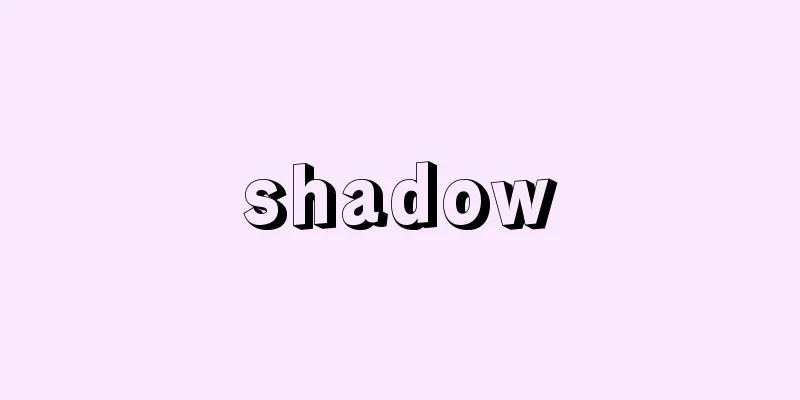
![Gozenyama [village] - Gozenyama](/upload/images/67cb954375088.webp)
